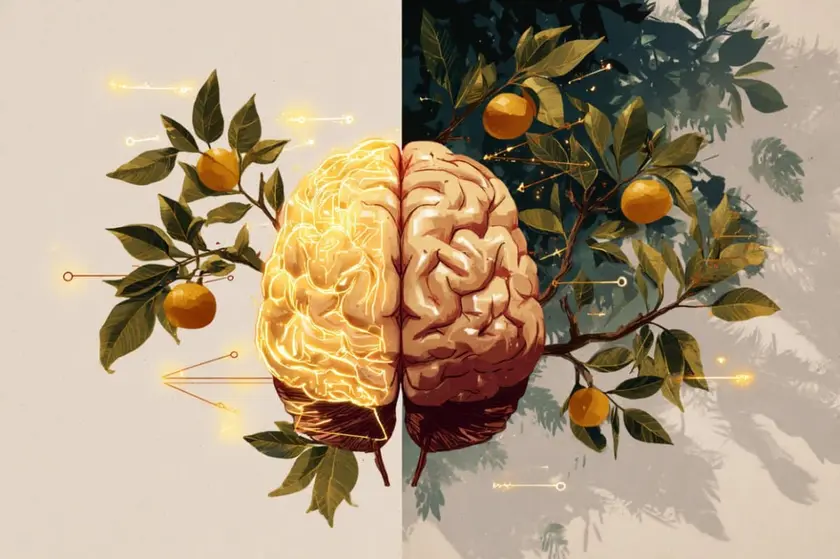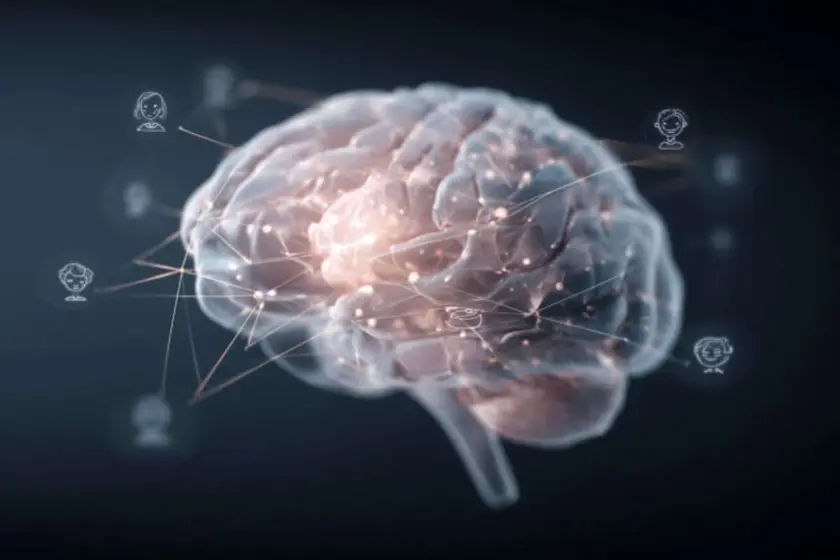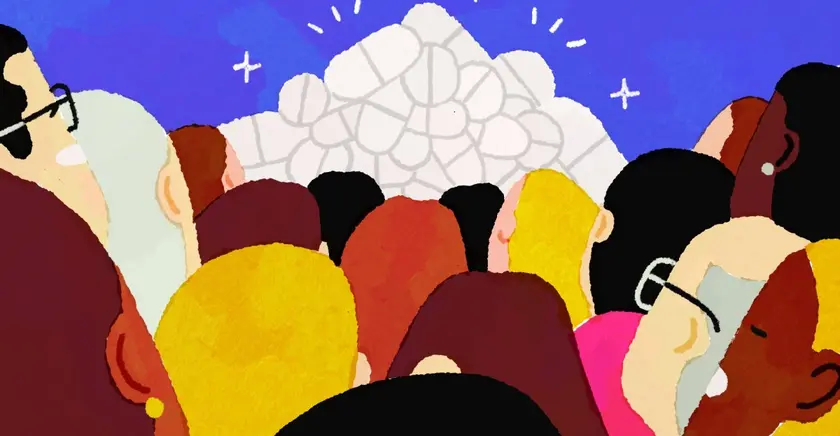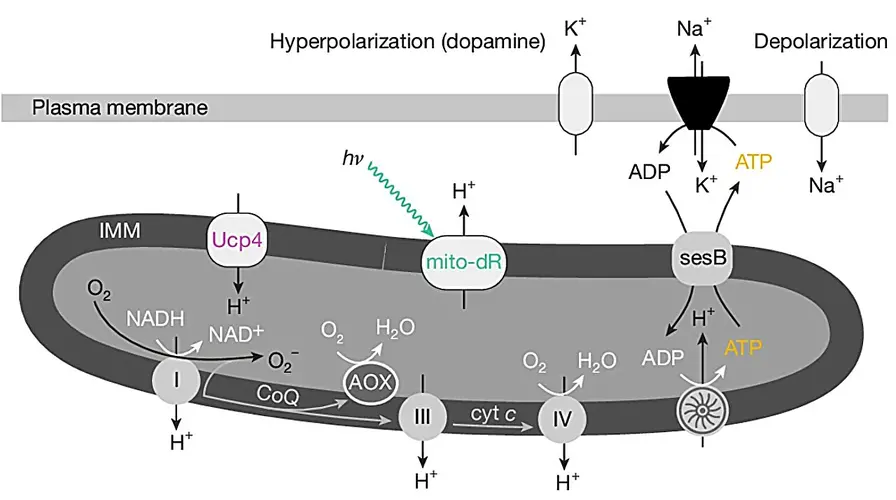T4K3.news
New Study Uncovers Brain Mechanisms Behind Reward Processing
Research shows separate pathways in the brain for reward sensitivity and decision bias.

A recent study explores how our brains process rewards influencing attention and decision-making.
Neuroscience Study Reveals How Rewards Shape Attention
A new study from researchers at the Indian Institute of Science shows how the brain processes rewards differently when it comes to attention and decision-making. Using eye-tracking and EEG, the study indicates that reward expectations enhance sensitivity in visual attention but do not influence decision bias. Participants performed tasks where they had to detect changes in images, rewarding them based on their accuracy. The findings established that while sensitivity engages brain regions tied to visual processing, decision-making bias operates through different neural pathways that are not directly linked to attention. This research aids in understanding behaviors linked to impulsivity and could impact treatments for conditions like gambling addiction.
Key Takeaways
"Only sensitivity, not bias, modulations reflected a limited, conserved attentional resource."
This quote emphasizes the study's finding that sensitivity is the only aspect influenced by attention centers.
"Studies such as ours will help design tasks to understand risk-taking."
This highlights the practical implications of the study for addressing impulsive decisions.
"Unexpectedly, changing bias did not result in any signatures specific to the attention centres in the brain."
This reflects the surprising discovery that decision bias operates independently from attention processes.
"The findings may help to design treatments for addiction behaviours, such as gambling."
This underlines the significant potential for applying the study's insights in clinical settings.
The findings from this study offer an intriguing perspective on the complexity of decision-making. By revealing that reward influences sensitivity and bias through separate neural routes, researchers highlight the nuanced ways we interact with potential rewards. This understanding can enhance approaches to mental health, especially regarding impulsive behaviors. As we delve deeper into the intricacies of the brain, insights from studies like this will likely reshape how we view attention and decision-making processes in everyday life, providing new avenues for treatment and intervention.
Highlights
- Reward expectations shape how we see and decide.
- Understanding attention could change treatment for addiction.
- Sensitivity and bias operate through separate brain circuits.
- Neuroscience reveals distinct paths for reward and decision-making.
Implications for Mental Health Treatments
The findings of this study may influence how we approach addiction and impulsive behaviors, raising concerns about treatment strategies and resource allocation.
This research marks a significant step in neuroscience, promising to inform future studies on reward-related decision-making.
Enjoyed this? Let your friends know!
Related News

ADHD studies show wide impact

New study highlights brain's role in social emotions

Specific Musical Anhedonia Reveals Hidden Brain Disconnect

Soul ties explained by science

Exploring GLP-1 medications and their implications

Oxford researchers discover why we need sleep

New study explores causes of brain fog and long-COVID

Marmoset brain circuit ties mood to left dlPFC
